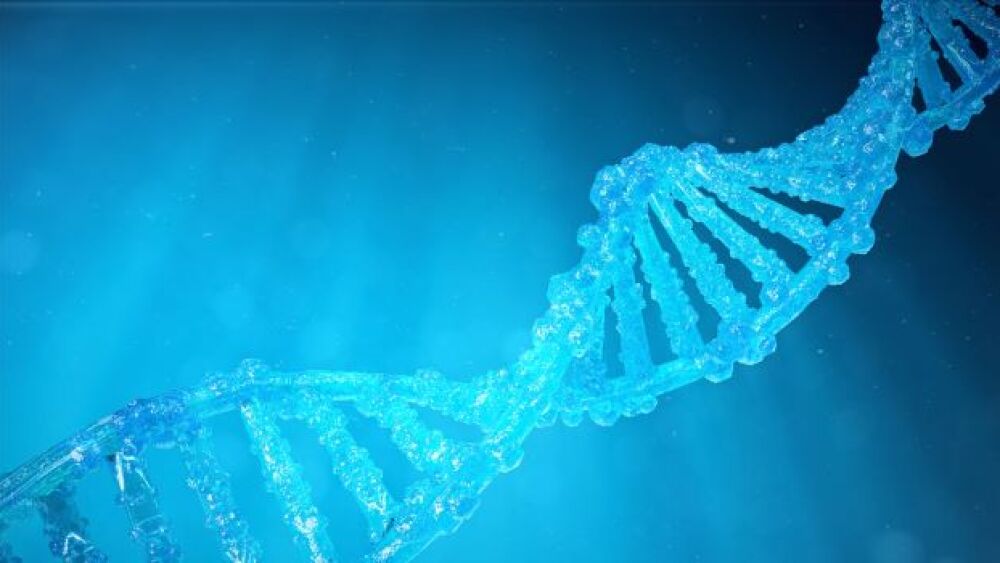A gene therapy being developed by Eikonoklastes Therapeutics to treat ALS received Orphan Drug Designation, the company announced Wednesday.
A Cincinnati-based biotech leveraging the Caveolin-1 (CAV1) protein to treat neurodegenerative diseases got validation from the FDA Wednesday in the form of an Orphan Drug Designation for its lead program in ALS.
Eikonoklastes Therapeutics is developing a first-in-class, AAV9-based gene therapy to treat both the sporadic and familial forms of the progressive, debilitating and ultimately fatal disease.
ET-101 (SynCav1) has been engineered to overexpress CAV1, a protein that organizes and regulates synaptic receptors essential for neuromuscular signaling and function. Using AAV9, Eikonoklastes delivers the sequence for CAV1 to the spinal cord.
The gene therapy was developed in the lab of Brian Head, Ph.D., a professor at UC San Diego specializing in Caveolin biology.
“In patients who have decreased amounts of Caveolin-1, you see signs of early aging and loss of synapse,” said Sam Lee, M.D., president and chief business officer, in an interview with BioSpace. “By overexpressing Caveolin-1, we’re able to provide this neuroprotective approach and therefore treat all of the deficits in neurodegenerative diseases.”
In a superoxide dismutase 1 gene (SOD1) mouse model of ALS, mice with overexpression of CAV1 exhibited greater body weight and longer survival as well as better motor function, Head et. al wrote in a 2019 paper. Mutations in the SOD1 gene are linked to a familial form of ALS.
A paper published this year in Theranostics then showed that using ET-101 to deliver CAV1 directly into the CSF increased survival and quality of life in humanized mouse and rat (hSOD1) models of ALS. Mice treated with the gene therapy exhibited delayed disease onset and protected and preserved spinal motor neurons, the authors wrote.
Lee described the rationale for taking a non-monogenic approach to treating the disease.
“As we continue to understand ALS, it is possible that it’s multifactorial and so taking these monogenic approaches maybe isn’t the best route to finding a solution,” he said.
So, instead of developing a gene therapy that targets one specific mutation, Eikonoklastes is taking a neuroprotective approach.
An advantage to using AAV9, Lee said, is that the field already knows a lot about it – both the plusses and the minuses. When delivered systemically, AAV9 can cause side effects related to liver toxicity. ET-101 minimizes that toxicity by delivering the gene therapy directly into the spinal cord.
While the therapy is also being developed to treat Alzheimer’s disease, Parkinson’s, Huntington’s disease and more, Eikonoklastes decided to go after ALS first due to the “severity and the huge unmet clinical need,” Lee said.
The company also saw this indication as an opportunity to demonstrate quickly in humans that the gene therapy can be effective, he added.
Eikonoklastes, which emerged from stealth in 2020 and closed a Series A round in June 2021 led by CincyTech, is working in a space that is seeing a big momentum shift. The September approval of Amylyx’s AMX0035 (Relyvrio) signaled the FDA’s willingness to show regulatory flexibility in line with the recently released FDA Action Plan for Rare Neurodegenerative Diseases, Including ALS.
Also on Wednesday, British biotech NRG Therapeutics brought in $18 million for its approach to targeting mitochondrial dysfunction in ALS and Parkinson’s.
As for Eikonoklastes, the clinic could be just a year away, with Lee saying the company intends to dose its first patient within the next 12-18 months. Eikonoklastes is currently scaling up on the manufacturing side.
While progress has been made in ALS, there is still a “huge need for better treatments,” Lee said.
“Certainly, we want to extend survival, but perhaps just as important, we want to improve the quality of life for whatever years the patients have to live, and our data package suggests we’re able to do both.”






